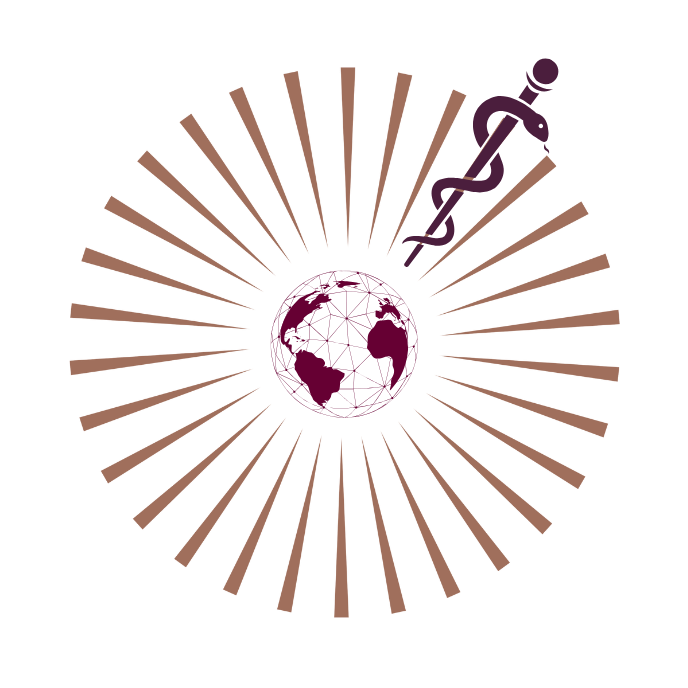The International Medical Competency Accreditation Council (IMCAC) is committed to upholding the highest standards of integrity, transparency, and professionalism in global medical education, training, certification, and institutional accreditation. This Code of Ethics outlines the principles and values that guide the conduct of IMCAC and all its accredited institutions, board-certified professionals, evaluators, and collaborators.
1. Integrity and Honesty
IMCAC and its affiliates shall conduct all activities with integrity, fairness, and honesty. Ethical behavior must guide all decision-making, interactions, and evaluations. Deceptive practices, misinformation, or manipulation of results or qualifications are strictly prohibited.
2. Commitment to Excellence
All institutions and professionals associated with IMCAC must strive for excellence in medical education, training, and clinical standards. Continuous quality improvement is encouraged to ensure that the latest evidence-based practices are integrated into curricula and professional conduct.
3. Non-Discrimination and Inclusivity
IMCAC promotes equality and inclusiveness in all aspects of its operations. No discrimination based on race, ethnicity, religion, gender, nationality, disability, or socioeconomic status shall be tolerated in education, evaluation, or certification processes.
4. Confidentiality and Data Protection
IMCAC is dedicated to safeguarding the confidentiality of personal, institutional, and medical information collected during accreditation, evaluation, and certification processes. All stakeholders must comply with data protection regulations and respect privacy rights.
5. Conflict of Interest.
Any individual involved in decision-making, assessment, or evaluation must disclose potential conflicts of interest. No person should participate in processes where impartiality could be compromised due to personal, financial, or organizational interests.
6. Professional Conduct
All IMCAC-certified professionals and associated institutions are expected to maintain high standards of professionalism in their practice and interactions. Harassment, misconduct, or unethical behavior will be grounds for disciplinary review.
7. Academic and Scientific Honesty
Institutions and educators accredited by IMCAC must uphold academic integrity. Plagiarism, falsification of research, or any form of academic dishonesty is not tolerated and may lead to revocation of accreditation or certification.
8. Transparent and Ethical Accreditation Processes
IMCAC commits to a transparent and standardized accreditation process that is free from favoritism, bias, or commercial influence. All evaluations must be conducted objectively and consistently across all regions.
9. Continuous Improvement and Innovation
IMCAC encourages innovation and the adoption of new practices that enhance the quality and effectiveness of medical education and practice. All stakeholders must engage in lifelong learning and periodic review of their programs or credentials.
10. Accountability and Enforcement
Violations of the IMCAC Code of Ethics may lead to investigation and disciplinary measures, including revocation of certification, suspension of accreditation, and removal from membership. IMCAC reserves the right to enforce these standards to maintain public trust.
Conclusion
The IMCAC Code of Ethics serves as the foundation for ensuring global trust in our certification, accreditation, and professional recognition programs. We are dedicated to fostering a transparent, ethical, and forward-looking environment for all partners in international medical education and competency development.


